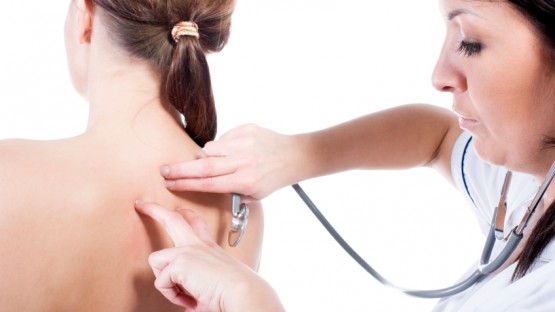
Tips for expat women
More Health Tips for Expat Women

Common Ailments
Not every skipped period means that your pill has failed you and that you’ll have to think about adding one more person to your family. The stress of traveling and organizing a move abroad can prolong your usual menstrual cycle or make menstrual cramps worse.
Just remember to take your menstrual calendar and strong painkillers with you. Furthermore, be aware that all female hygiene products are not automatically available everywhere. So it might be advisable to put sanitary towels and/or tampons on your list of essential items to pack.
Other common ailments and afflictions of women living abroad are genital yeast infections and UTIs (urinary tract infections). In the first case, wearing loose-fitting cotton underwear and skirts rather than trousers, especially in hot and humid climates, and eating lots of yoghurt can help avoid them.
If everything else fails, remember to put some over-the-counter anti-yeast meds into your travel first-aid kit. As for UTIs, minor bladder infections can often be cured by drinking plenty of water. In more serious cases, you should see a good ob/gyn soon.
General Medical Standards
When it comes to seeing an ob/gyn abroad, do some research on general medical standards in this country. Can you just go and see any doctor in your neighborhood, or should you go for a specialist in a private medical facility?
Some countries abide by strict hygienic standards. Doctor’s practices and hospitals are clean and safe and offer excellent services. Other countries, however, only offer basic medical treatment, with a significant lack of specialist care. Or the hygienic standards, especially in public hospitals and clinics, may not be trustworthy at all.
Ob/Gyn Care and Pre-Natal Care
You should find out about the respective local standards for gynecological check-ups, cancer screenings, treatment of menopausal ailments, and/or pre-natal care. If you get pregnant before you even go abroad, the second trimester is the best time to travel – provided you are okay with having a baby abroad.
Talk to your obstetrician at home about which immunizations and travel medications are safe. They can also advise you on which supplements you should take, and which rules to consider for avoiding toxoplasmosis (a dangerous parasitic disease). Should you decide to give birth abroad, talk to your embassy’s staff about recommended hospitals with maternal wards. Also, ask your health insurance provider whether your insurance will cover the costs, and network with other expat mums who have already given birth in this specific country or city.





















